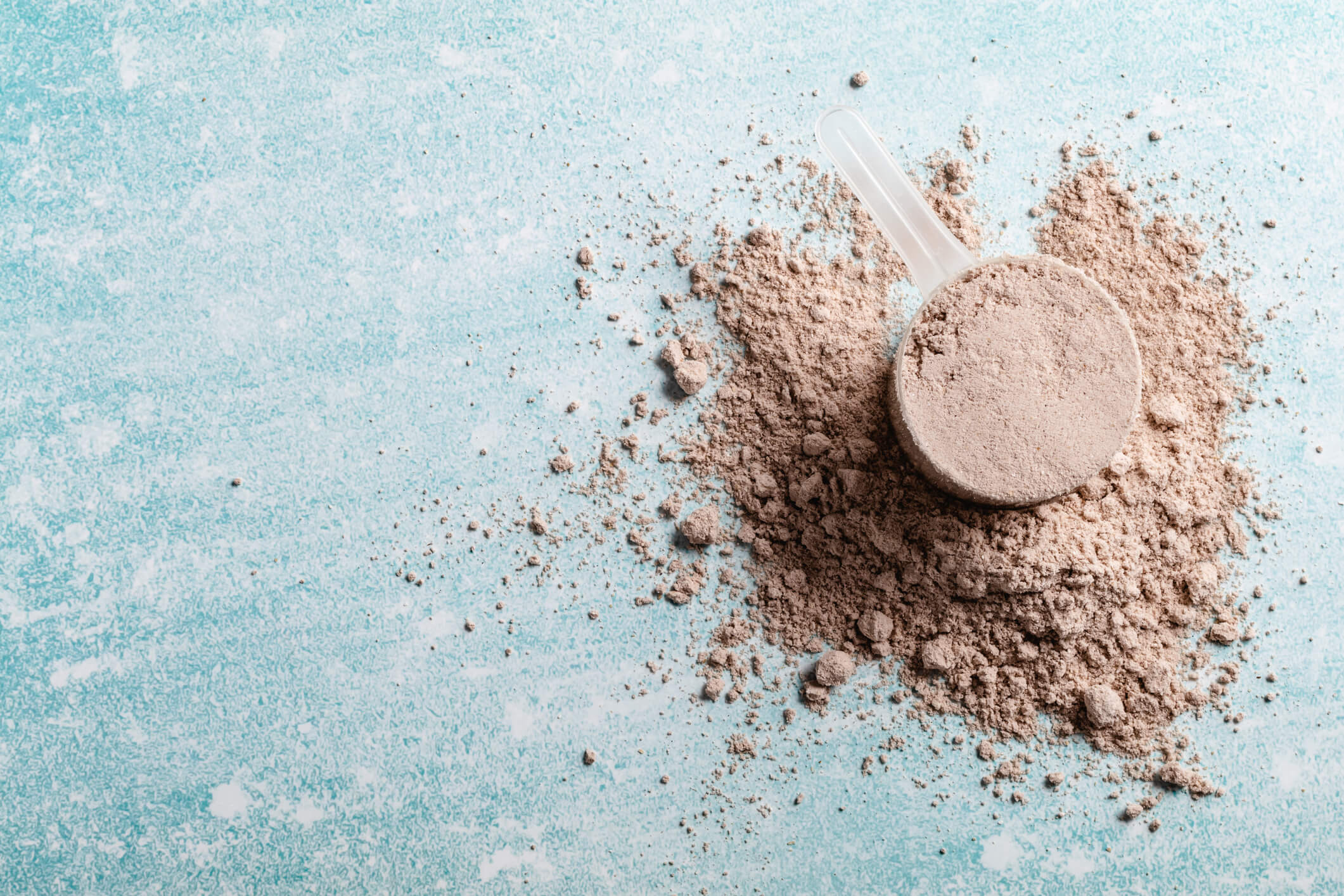Collagen vs. Protein Powder: What’s the Difference?
Supplements may all appear the same, but the nutrients contained within tell a different story. Some health fanatics interchange collagen and protein powder simply because they have a few amino acids in common and are used for somewhat similar things.
However, the reality is that collagen has nutrients not found in protein powder and vice versa. Whether you take a collagen supplement, protein powder or both will depend on your health needs and lifestyle. Here’s what you should know about how they differ.
How collagen aids overall health
Collagen is the most abundant type of protein found in your body and is composed of amino acids. It’s considered a building block for all kinds of bodily tissues, including skin, muscles, ligaments and bone. Over time, your body gradually loses its ability to make collagen as it is broken down. This is where collagen supplements come in.
If you’re looking to reverse the damage of brittle or dull hair, skin and nails, a collagen supplement might be for you. Unlike protein powder, collagen provides three amino acids that are crucial for a healthier appearance—alanine, arginine and cysteine. These amino acids are the building blocks for a protein called keratin, which is largely found in the hair, skin and nails. Collagen also helps improve skin texture by reducing wrinkles and skin sagginess.
Collagen offers more than beauty benefits, too. It’s a key supplement for athletes who participate in high-impact sports. As of right now, research has yet to prove that collagen can significantly heal damaged connective tissues. However, maintaining proper collagen levels can prevent future injuries and lessen joint pain.
Finally, most are familiar with how important calcium is for developing strong bones. Calcium is just one of many nutrients that contribute to a healthy skeletal system. The amino acids in collagen suppress a hormone that accelerates the bone mineral’s deterioration process. Women, in particular, are susceptible to mineral breakdown and may find that a daily collagen supplement helps increase bone density. Collagen is also recommended for people who recently suffered an injury because the nutrient can lead to a speedy recovery.
Unique advantages of protein powder

Collagen supplements aren’t for everyone. While taking collagen isn’t necessarily harmful, it lacks some of the benefits that are exclusively found in protein powder.
One of the most notable benefits of protein powder is muscle development. When paired with a good exercise routine, protein powder helps muscle tissue grow back stronger than before. The supplement contains amino acids not found in collagen such as valine, leucine and isoleucine. If you want to see better results after months of physical training, protein powder is the best post-workout supplement.
Protein powder has proven to be helpful in vegan and vegetarian lifestyles. Without meat and dairy products, people often find themselves living on a low-protein diet. Vegan staples like beans, grains and meatless alternatives don’t always provide the necessary levels of protein. There are plenty of vegan-friendly protein powders available on the market that help people commit to their lifestyle of choice while receiving the proper balance of nutrients.
Introducing more protein to your diet can also help kick those unhealthy snacking habits! Many people rely on protein powder to fuel their days because the supplement is packed with more calories than collagen. Studies have found that consuming protein powder can fill you up and lessen the chances that you’ll graze on snacks in between meals. However, it’s important to remember that protein powder is by no means a meal replacement. It should be taken in addition to a full and balanced diet.
Key differences between the supplements
Collagen and protein powder are similar in a few ways, yet still quite different. One is not a substitute for the other, and which supplement you choose depends heavily on multiple factors.
Collagen is the better option for people who want to improve their overall physical health and/or bolster their beauty. It also plays a key role in preventing and recovering from injuries. However, collagen isn’t ideal for diets that restrict animal products. Plant-based collagen supplements are available but are less effective than ones derived from an animal source.
Protein powder is better at encouraging muscle growth. Even though collagen and protein powder have some amino acids in common, protein powder has a narrower range of healing capabilities. That being said, protein supplements offer a versatility you won’t get with collagen. Protein powder is equally effective regardless of whether it’s made from plants or animals. The supplement is an indispensable part of every fitness journey because protein repairs muscle tissue while helping people reduce their caloric intake.
To put it simply, both collagen and protein powders offer benefits for a healthy lifestyle when used for their intended purposes. You’ll get the most out of a supplement when it matches your specific health and fitness goals. Everyone is different, so read what’s on the label and pick the dietary supplement that best suits your needs.


Leave a comment